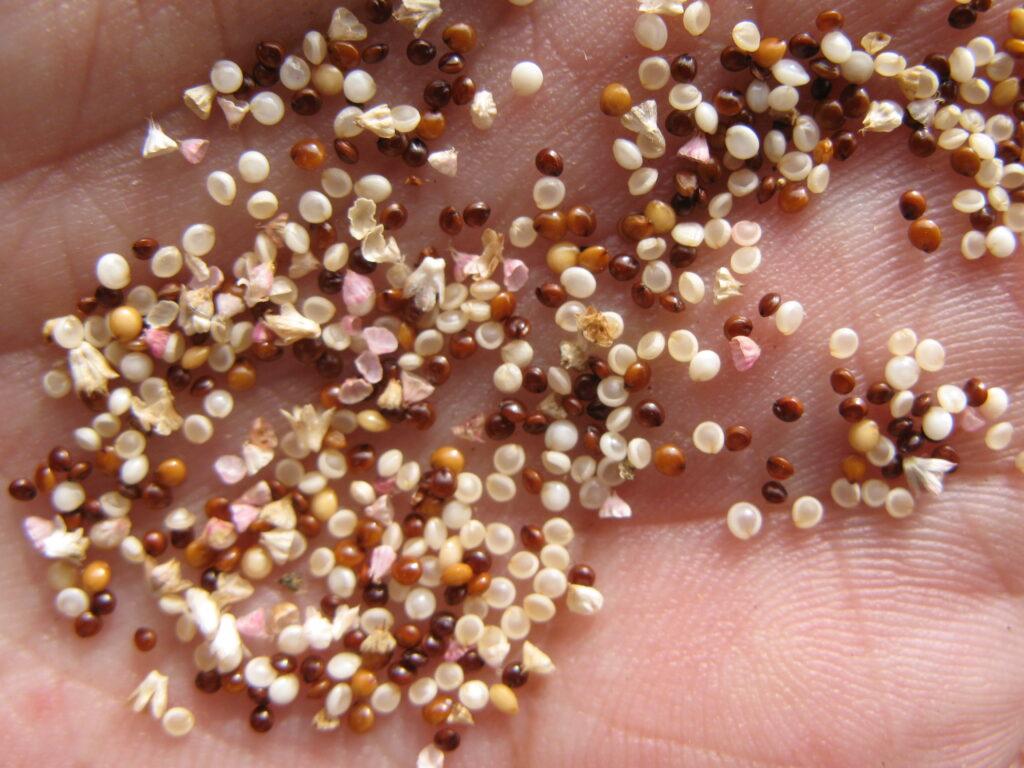

Amaranth, is a nutritional powerhouse that has been a staple in the Andean diet for centuries. Packed with essential nutrients like protein, fiber, and a wealth of vitamins and minerals, it’s a small seed with a big nutritional punch. What sets amaranth apart is its complete protein profile, providing all nine essential amino acids that the body cannot produce on its own. This makes it an excellent plant-based protein source for vegetarians and vegans. Additionally, it’s rich in fiber, aiding in digestion and promoting a healthy gut microbiome.
Beyond its nutritional content, amaranth is a rich source of vitamins such as vitamin A, C, and E, along with minerals like calcium, iron, and magnesium. It’s also gluten-free, making it a versatile ingredient for those with dietary restrictions. With its impressive nutrient profile and adaptability in various dishes, amaranth is emerging as a superfood that deserves a place in every health-conscious individual’s pantry.
Benefits of Amaranth
- Complete Protein Source: Amaranth contains all nine essential amino acids, making it a rare plant-based complete protein. This is especially valuable for vegetarians and vegans.
- Rich in Vitamins and Minerals: It’s a good source of essential nutrients like iron, magnesium, phosphorus, and vitamins such as A, C, and E.
- High Fiber Content: Amaranth is packed with dietary fiber, promoting healthy digestion and helping to maintain a balanced gut microbiome.
- Gluten-Free and Hypoallergenic: It’s naturally gluten-free, making it a suitable grain alternative for individuals with celiac disease or gluten sensitivity.
- Heart-Healthy: Amaranth is rich in phytosterols, which have been linked to reducing cholesterol levels. It also contains heart-healthy unsaturated fats.
- Antioxidant Properties: It’s a good source of antioxidants, which help combat oxidative stress and protect cells from damage.
